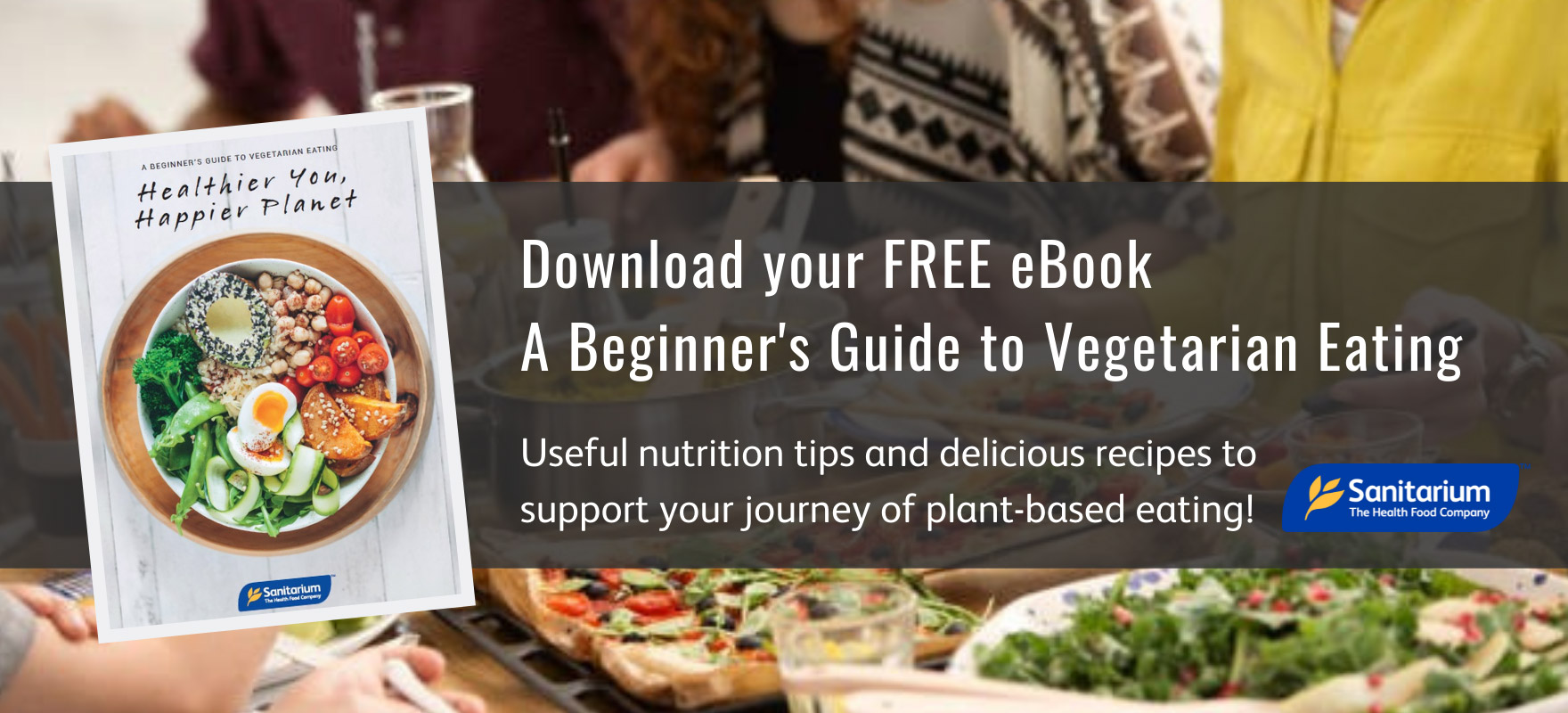
The lowdown on dairy free milks
Skinny soy frappes, almond milk breakfast bowls, coconut milk smoothies – whatever your flavour, there’s no doubt that the number of Aussies searching for dairy free alternatives is on the rise. In fact, milk is at the centre of the ever-growing plant-based movement, with worldwide retail sales of non-dairy milk alternatives of more than $26.5bn AUD in 2021. This global market is predicted to reach over $54.5bn AUD by 2026.
So why are people opting to kiss cow’s milk goodbye? For some, it’s not an option at all. Lactose intolerance and milk allergies mean a dairy free alternative may be the best solution.
For others, the decision may stem from a personal concern for the environment. Many choose to avoid dairy products because of ethical and/or environmental considerations around the way they are produced. A recent systematic literature review reported that plant-based dairy alternative milks have a lower negative impact on the environment than dairy milk across the board.
There are also several health benefits associated with eating a predominantly plant based diet that may include dairy free milks, with studies showing improved digestion, increased energy, lower body mass index and an improvement in their physical function. Dairy free milks are naturally low in saturated fat and contain no cholesterol or lactose.
If dairy free milks are something you’d like to include in your diet, the choice can be overwhelming. To help you choose, we’ve got the lowdown on the most common types. Remember, try and pick a product that is fortified with calcium and vitamin B12 and high in protein where possible.
Soy milk
Soy milk is the nutritional king of the alternative aisle, according to a new study by Canada’s McGill University.
Researchers analysed the nutritional value of four commonly consumed plant-based milks (soy, rice, almond and coconut) and compared them to cow’s milk. While cow’s milk provided the most complete and balanced source of protein, fat and carbohydrates, researchers identified soy milk as the closest to cow’s milk in terms of overall nutrient balance and it also contained the most protein of all the milk alternatives.
Researchers also noted that soy milk contains phytonutrients, known as isoflavones, that have been shown to have cancer-fighting properties. Isoflavones are highly protective against hormone-dependent cancers such as breast and prostate cancers.
Soy milk typically has a thicker consistency than other milks with a less sweet flavour, so is a good bet for cooking with savoury dishes.
When choosing a soy milk, be sure it is fortified with calcium, vitamin B12 and vitamin D.
.jpg)
Almond milk
Amongst consumers, almond milk is often one of the preferred alternatives to cow’s milk due to its pleasant nutty taste, although it is unsuitable for those suffering with a tree nut allergy.
Almond milk tends to be lower in kilojoules than dairy milk and is lower in saturated fat.
Coconut milk
Coconut milk has higher amounts of saturated fat compared to many other dairy free milks and is lower in calcium and protein, so use sparingly. Due to its tropical coconut flavour, it’s a nice option for savoury dishes. Keep an eye on varieties with no added sugar.
Rice milk
Rice milk can be a great alternative for those with dairy, soy or nut allergies. It is low in saturated fat and often fortified with calcium, but it is generally lower in protein compared to soy milk. Rice milks also tend to have higher levels of natural sugars, in some cases double the amount in soy milk.
Oat milk
If you’re into DIY, oat milk is relatively simple to make and may be an option if you have a soy or nut allergy. Oat milk is low in saturated fat, but it’s also low in protein and not all oat milks on the market are fortified with calcium or vitamin B12.
The best dairy free milk for you will depend on your taste preferences, your overall diet and the amount of calcium, protein and vitamin B12 you’re able to get from other foods. Happily, there’s plenty of options to choose from, so why not give them a try!.jpg)
Looking for recipe inspiration? Head over to our recipe hub to explore our collection of easy, dietitian approved and nutritious meals or subscribe to our Recipe of the Week newsletter.

The latest nutrition advice, plus health and wellness tips delivered to your inbox monthly

.jpg?width=638&height=290&format=jpg&quality=95)
